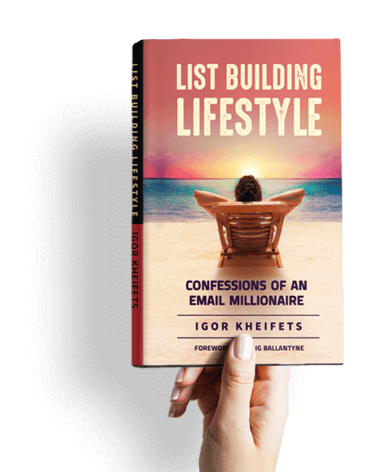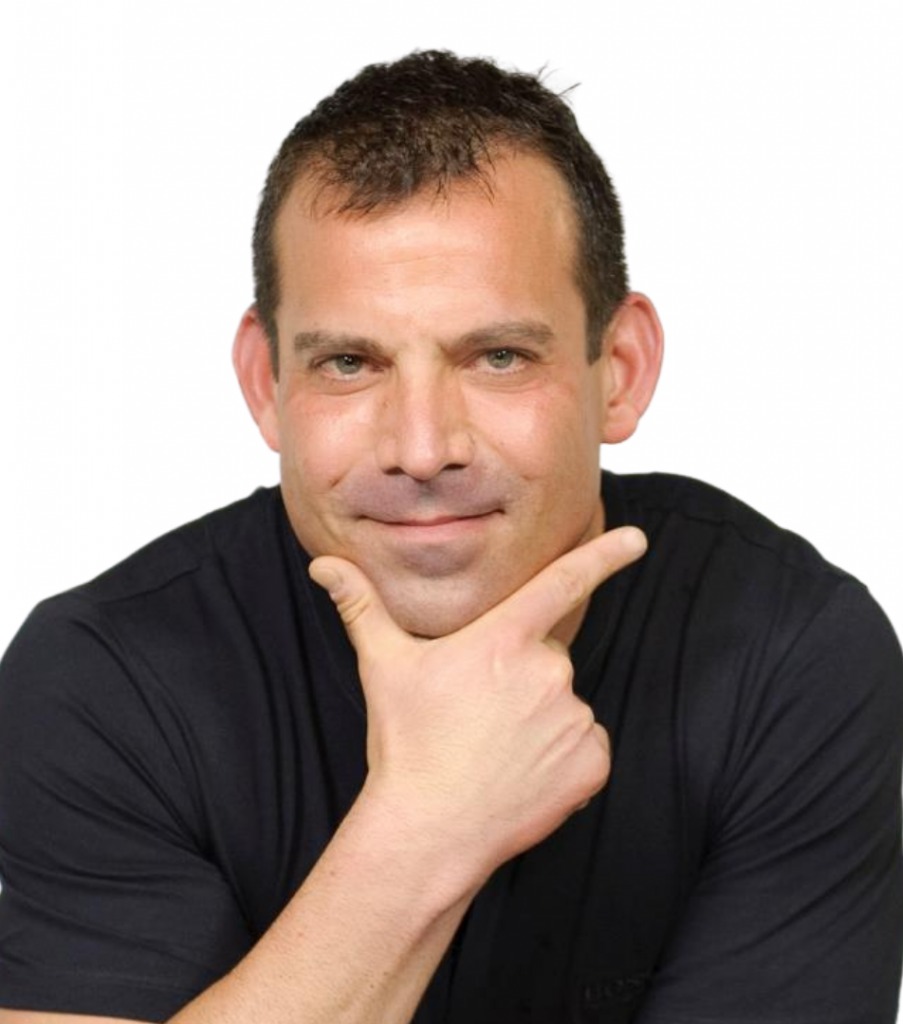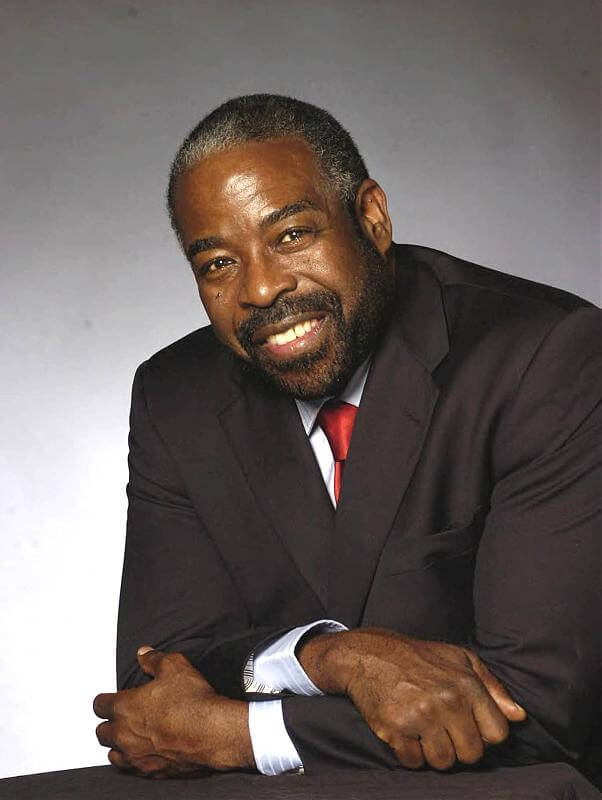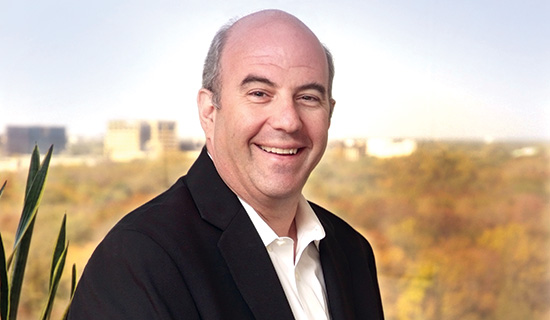What if burnout isn’t the result of too much work, but of the wrong kind of recovery?
I used to believe sleep was the magic fix. But I’ve learned that real energy doesn’t come from doing nothing, it comes from doing the right things. In this episode, we’ll explore the hidden forces that quietly drain you, and the unlikely rituals that truly refill your tank. Energy isn’t a battery you slowly drain, it’s a fire you can learn to spark, anytime, anywhere. And when you master that, burnout stops being a dead end… and turns into the doorway to your next chapter, tune in for more.
[1:13] What Burnout Really Means:
- Burnout is not solely alleviated by rest; it requires discernment between recovery and re-engagement with energizing activities.
- High-quality sleep is a foundational pillar of sustained energy and mental clarity, acting as a powerful enhancer of focus and resilience.
- Every commitment, environment, person, or action can be categorized by its energy impact: either draining or renewing.
- Social or familial obligations may serve others’ energy needs while depleting one’s own, especially for introverted individuals.
- Sustainable performance comes from awareness of energy dynamics, not just time management or workload reduction.
- Long-term well-being depends on minimizing energy-draining engagements and protecting space for restorative practices, especially sleep.
[02:18] What Really Fuels You?
- Engagement in personally meaningful or joyful activities generates energy more effectively than passive rest.
- Creative acts like writing can be deeply energizing, even when done outside of obligation or public output.
- Meaningful time with loved ones, especially in active or shared experiences generates emotional and mental renewal.
- Environment, relationships, and routines must be curated to favor interactions and settings that uplift rather than deplete.
- Nutrition impacts energy levels significantly, processed or heavy foods can worsen burnout, while mindful eating supports recovery.
- Sustained energy comes from intentional lifestyle design, aligning daily actions with personal sources of vitality.
[03:48] Screen Zombie Mode:
- Screen-based content consumption, especially social media scrolling, actively depletes energy and hinders recovery from burnout.
- Eliminating passive digital consumption is a critical step in restoring mental and emotional reserves.
- Physical movement in natural environments supports mental renewal and emotional reset.
- Human connection with uplifting, positive individuals provides powerful psychological restoration.
[04:50] The Extrovert vs. Introvert Energy:
- Burnout recovery requires honest self-knowledge about what truly restores energy, whether solitude or social engagement.
- Introverts often recharge through deliberate disconnection: time alone, silence, and absence of interaction, even from close family.
- Extroverts may regain energy through constant human contact, even creating conflict if connection is unavailable.
- The path to renewal is not one-size-fits-all; it depends on personality, energy sources, and individual thresholds.
- Changing both activity and environment is more effective for recovery than passive rest alone.
- High-energy exchanges, whether positive or negative, can serve as fuel for certain personality types.
- Sustainable resilience comes from aligning recovery strategies with innate psychological needs, not societal expectations.
[06:45] The Magic of “Physical Meditation”:
- The body can lead the mind into calm: Physical movement is a powerful form of emotional and mental regulation, especially during stress or conflict.
- Activities like walking, running, or driving can induce a meditative state, quieting mental noise and restoring clarity.
- Motion interrupts rumination, allowing the mind to reset through embodied rhythm rather than forced stillness.
- Different forms of motion work for different people; the key is finding the physical rhythm that brings inner quiet.
[07:42] Your Brain’s Open Loops Are Draining You:
- Burnout is often not about workload, but about unresolved internal tension masquerading as fatigue.
- Suppressed emotions do not disappear; they accumulate and erode mental resilience over time. It acts like background apps on a phone, consuming resources even when unnoticed.
- Speaking up, setting boundaries, or letting go of long-held grievances can trigger immediate and profound emotional relief.
- Emotional honesty is a form of mental hygiene, closing psychological loops restores clarity and vitality.
[09:44] The Truth About Your “Guilty Pleasures”:
- Addictive behaviors: overeating, substance use, digital binges, compulsive routines, are often symptoms of unaddressed inner turmoil, not the root cause.
- Escapism through stimulation or ritual (coffee, sweets, TV, hobbies) masks emotional burdens that continue to deplete energy.
- When internal conflict is ignored, external behaviors intensify to compensate, creating cycles of dependency and exhaustion.
- The need for constant distraction reveals a deeper need for emotional resolution and self-honesty.
[11:09] Igor’s Book On Email Marketing:
Visit www.igorsbook.com to learn more.












